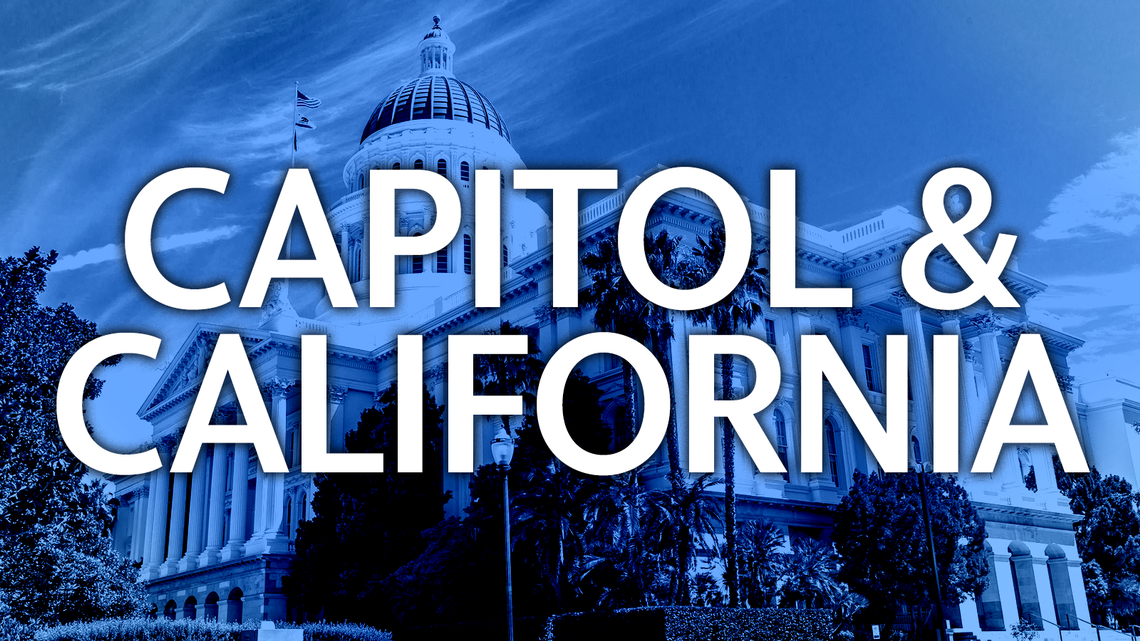Does California’s high school ethnic studies requirement need ‘guardrails’ against antisemitism?

Next school year, California high school students will be required by law to complete a semester of ethnic studies before graduating.
State legislators now are trying to tweak that law, arguing that it needs “guardrails” in place to prevent antisemitic content from showing up in those courses.
Critics of the bill say that such limitations would snuff out criticism of Israel and support for Palestine.
Assembly Bill 2918, by Assemblymembers Dawn Addis, D-San Luis Obispo, and Rick Chavez Zbur, D-Hollywood, would require local educational agencies (LEAs) to “ensure that the course and instructional materials are developed in conjunction with specified stakeholders, including certificated teachers, classified public school staff, and parents and guardians of pupils,” according to a summary provided by the Digital Democracy project at CalMatters.
This week, the powerful Senate Appropriations Committee took up the bill and heard a considerable amount of testimony — most of which was in favor of the bill.
Among those speaking in support of the bill were representatives from the Jewish Public Affairs Committee of California (JPAC) the Anti-Defamation League (ADL).
David Bocarsly, speaking on behalf of JPAC, said that, “Unfortunately, in too many districts, we are seeing that this course is being co-opted by those with an anti-Jewish bias.”
“Instead of teaching approved lessons from the model curriculum, some districts are teaching liberatory courses, which is similar except that it excludes Jews, erases antisemitism and denigrates Israel with content that is one-sided, promotes a specific ideology and is factually inaccurate,” he said.
Bocarsly said that AB 2918 “simply adds basic guardrails, such as promoting respect and considering the views of impacted communities, especially without the implementation requirements.
“Our community needs these guardrails. And if the opposition disputes the need for such basic protections against discrimination, that highlights why these protections are all the more necessary,” he said.
Also speaking in favor of the bill was Nancy Appel of the ADL.
“What we’ve just experienced in the schools, I’ve been at ADL 20 years, is just, I’ve never seen anything like it,” she said.
Neither Bocarsly nor Appel gave specifics of what they perceived as antisemitic content in ethnic studies courses.
The bill is opposed by the California Teachers Association (CTA), as well as the group Jewish Voice for Peace.
Seth Bramble, of the CTA, testified against the bill, calling it “overly prescriptive.”
“It establishes obstacles to ethnic studies implementation that we don’t need and undermines successful programs that are already operating across the state,” he said.
David Mandel, speaking on behalf of the Sacramento Chapter of Jewish Voice for Peace, agreed that antisemitism is “rampant.”
“But antisemitism is not what’s found in the ethnic studies curriculum that was approved by the state or that other people are advocating. There’s nothing anti-Jewish in ethnic studies, unless you conflate antisemitism with support for Palestinian rights and criticism of Israel, which I submit is the real agenda behind this,” Mandel said.
Mandel said that the “guardrails” proposed by the bill “are not designed to keep cars on the road, but designed to keep people, certain groups of people, off the road.”
The bill appeared before the Senate Appropriations Committee because it was determined to have a significant financial impact on the state. The committee voted unanimously to place the bill on the suspense file, meaning it will sit in limbo until the committee’s Aug. 15 hearing, where its fate will be decided. Either the bill will advance to the Senate floor for a vote, or it will die.




